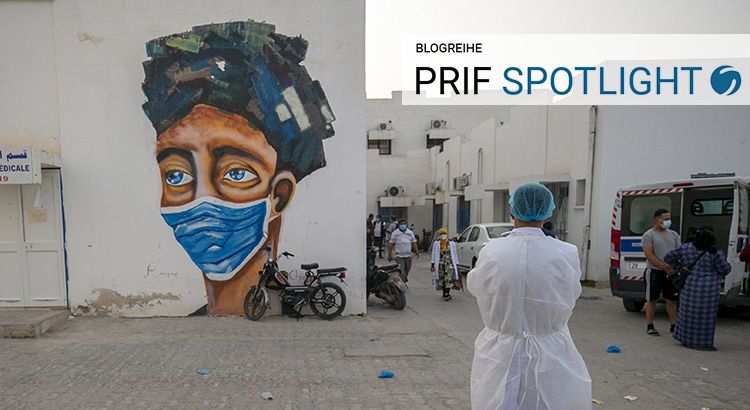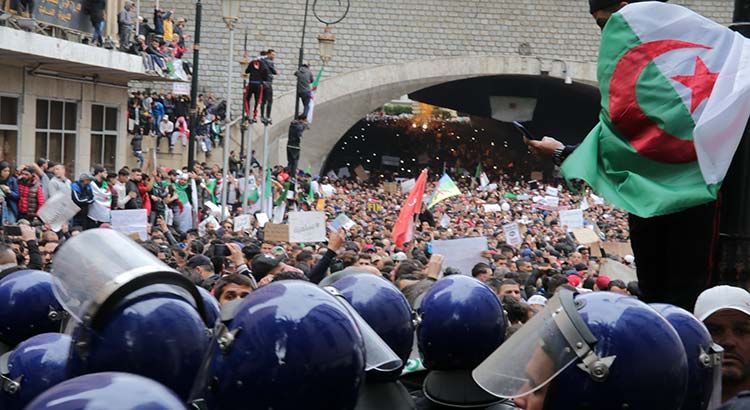Maghreb policies of Marine Le Pen vs Eric Zemmour: the victory of the „normalized“ far right?
As the first turn of the French presidential election on April 10th comes closer, two far-right candidates have drawn all the attention: Marine Le Pen and Eric Zemmour. This article argues that their approach toward French-speaking Maghreb countries (Algeria, Tunisia, and Morocco) is symptomatic of the difference between a “normalized” and an always more radical far right: while Le Pen seeks to position herself as a serious and pragmatic international partner, Eric Zemmour risks credibility by focusing on resentment about the Algerian war of independence and on the “decline of French” civilization caused by the “migrative invasion” from Muslim North-Africans.


